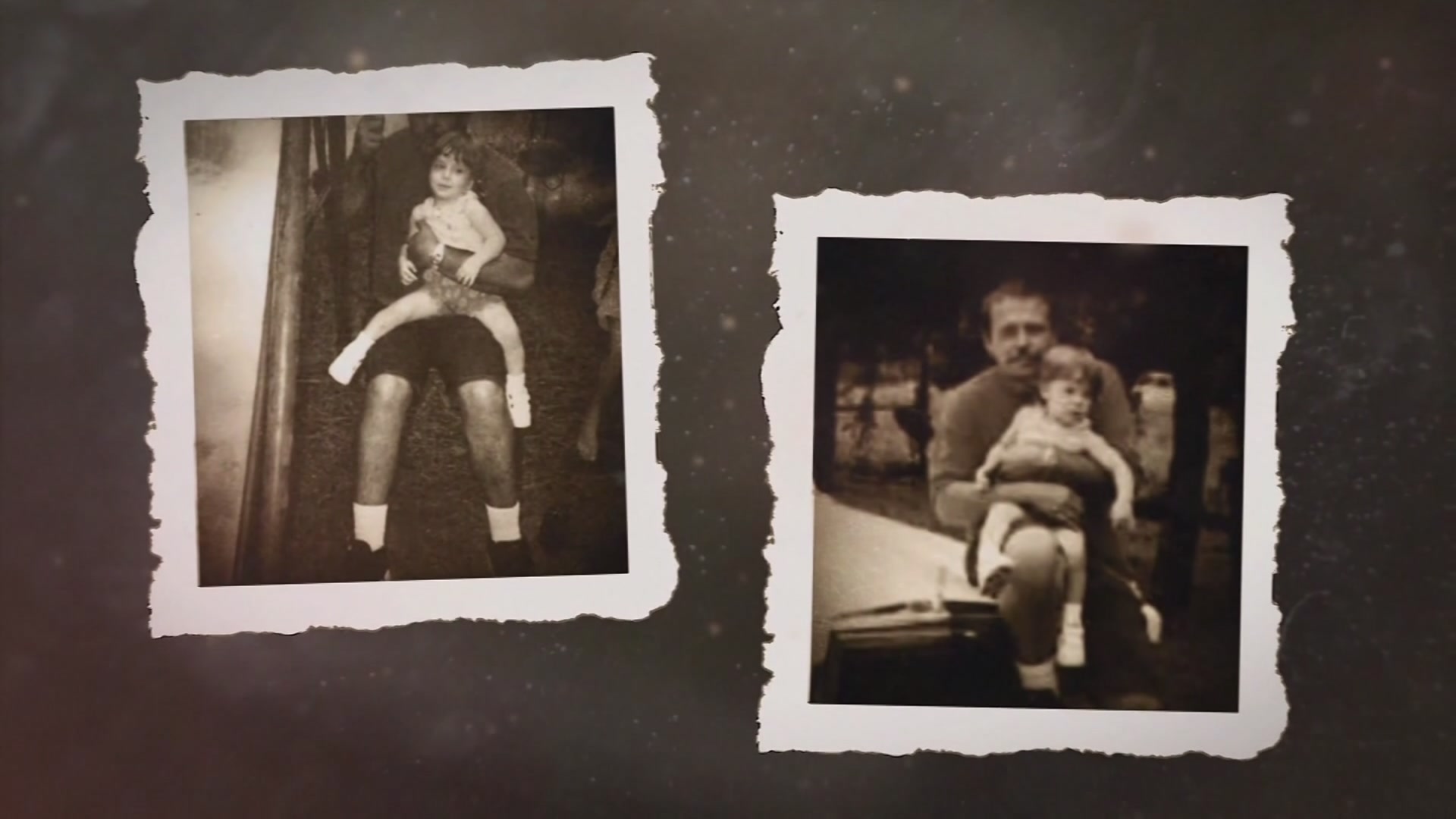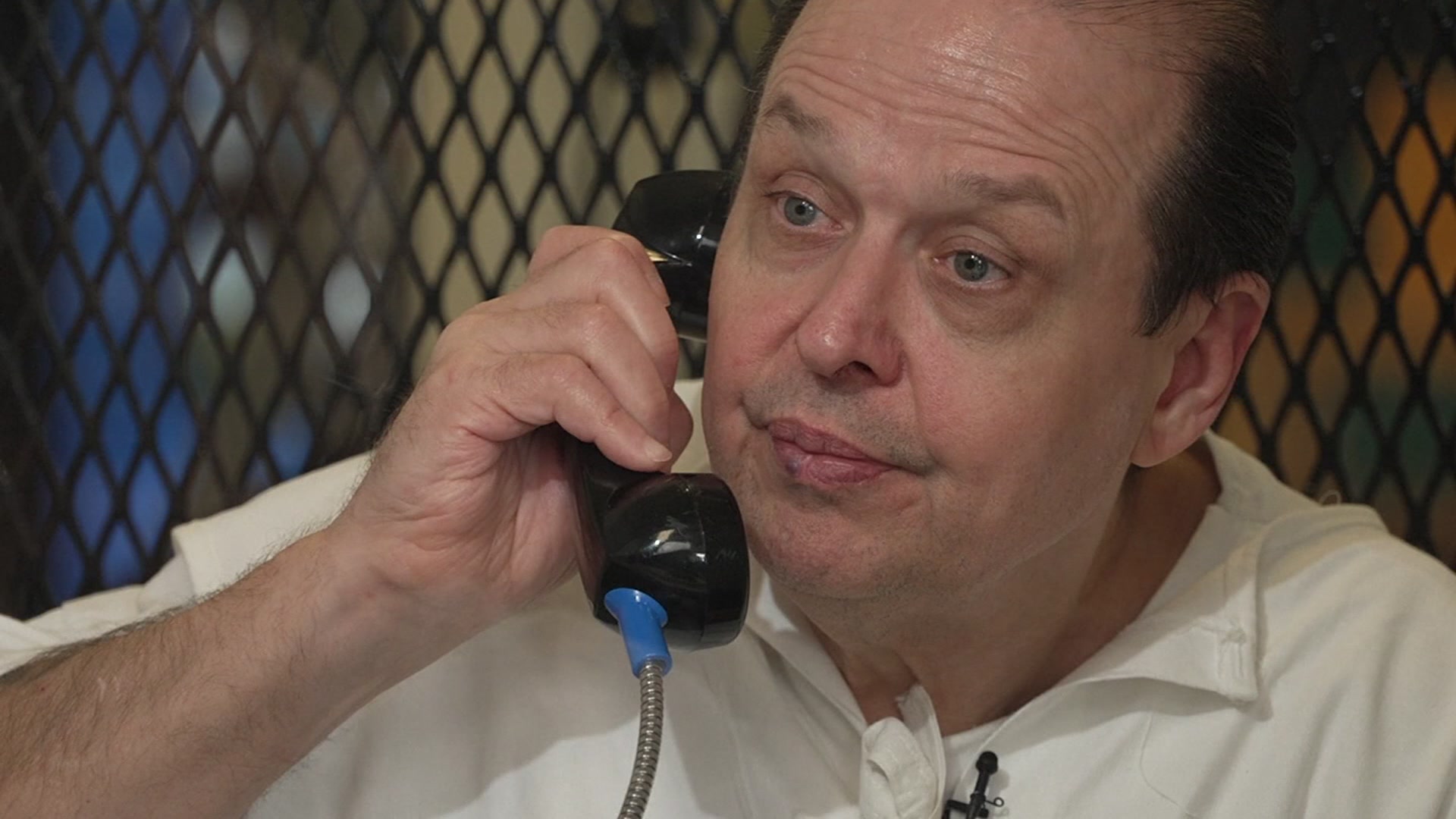A Texas House committee hearing on a controversial death row case involving "shaken baby syndrome" continued Monday afternoon in Austin without expected testimony from the inmate whose life was spared last week by an 11th-hour subpoena.
Robert Roberson was sentenced to die last Thursday for the 2002 death of his 2-year-old daughter. Within minutes of his scheduled execution, a bipartisan group of Texas lawmakers successfully subpoenaed him to appear at the State Capitol on Monday and testify before the House Committee about his case.
Roberson was convicted in 2003 based on evidence of shaken baby syndrome – a diagnosis many experts are now calling into question and have dubbed "junk science." However, Roberson’s appeals to the Texas Criminal Court of Appeals, the Texas Supreme Court, and the United States Supreme Court failed. After the state parole board denied his bid for clemency last week, he was set to be executed Thursday night before the last-minute subpoena spared his life.
On Monday afternoon, NBC 5 confirmed that Roberson would not be testifying Monday, in person or virtually, as expected. State Rep. Joe Moody (D-El Paso), who chairs the bipartisan House Committee on Criminal Jurisprudence, said he was disappointed the testimony wasn't happening Monday but was confident it would happen at some point. He said they were working with the attorney general's office to find a way to have Roberson appear in person instead of via videoconferencing.
Get top local stories in DFW delivered to you every morning. Sign up for NBC DFW's News Headlines newsletter.
"Robert is a person with autism who has significant communication challenges, which was a core issue that impacted him at every stage of our justice system," Moody said. "He's also spent most of the last two decades alone, locked away from the modern technology we now take for granted. Video conference is poorly suited for Robert, specifically to provide his testimony, and would only further the harm he's already suffered."
Moody opened Monday's hearing by saying there was a valid subpoena in place to bring Roberson to the State Capitol but that they didn't want to use a heavy hand to compel testimony if it would create a constitutional crisis or escalate a division between the branches of state government. This came after the governor's office said Monday the committee crossed a line by using the courts to delay the sentence, a power only the governor has been granted.
James Sullivan, the attorney representing the Texas governor's office, filed an amicus brief Monday with the clerk of the Texas Supreme Court, saying the committee's petition filed last week should be tossed out and that the committee's actions were "out of line."
Sullivan wrote that the subpoena granted a 90-day reprieve in the administration of the death penalty and that clemency in a capital case or granting a 30-day reprieve is a power "vested in the governor alone."
The governor's office worried that unless the court rejected the tactic used by the committee to get a temporary restraining order to delay the execution, it could be repeated, essentially rewriting the state's Constitution and reassigning a power only given to the governor.

Sullivan wrote that if the committee wanted testimony from Roberson, it could have requested that testimony at any point before last week, saying Roberson had been convicted more than two decades ago, his last appeal was more than a year ago, and his execution was set months ago.
"In all that time, even when it was clear that Roberson's execution date was nearing and the Article 11.073 issue was manifest, the House Committee could not trouble itself with seeking Roberson's testimony," Sullivan wrote. "Only at the eleventh hour, when the Constitution empowers the governor to make the last move, did the House Committee decide to violate the Separation-of-Powers Clause."
Sullivan called for the petition to be dismissed for lack of jurisdiction, saying only the governor, not any branch of state government, the House Committee, a district court in Travis County, a court of appeals, or the Supreme Court of Texas, has the power to issue a reprieve.
A bipartisan group of 84 Texas lawmakers urged the governor to intervene in September, calling for the execution to be halted. Since taking office in 2015, Republican Gov. Greg Abbott has granted clemency in only one death row case when he commuted Thomas Whitaker's death sentence to life in prison in 2018.
DR. PHIL MCGRAW WARNS OF A 'MISCARRIAGE OF JUSTICE' IF EXECUTION TAKES PLACE
Dr. Phil McGraw, a TV personality who is also a licensed psychologist in Texas, testified before members of the House committee on Monday and shared his opinion of the Roberson case, saying putting Roberson to death would be a "miscarriage of justice" and that he did not have a fair trial.
"My professional opinion is that this is not a man with malice. This is not someone that hurt this child. What I can tell you that goes beyond opinion; after examining the record in this case, the trial transcript in this case, the medical records in this case, this man has not had due process. This man has not had a fair trial, and if we start executing people in Texas absent due process, absent fair trial, we are going down a really dangerous road. That is not something that I can support. And I know that has not happened," McGraw said. "As I say, it's a very high standard to take someone's life. We must have the courage to make choices that matter at times that count and it's always the right time to do the right thing."
McGraw said he felt like the jury at the time may have made the right call based on the evidence they were given, but that after reviewing the trial notes, there was significant evidence that never made it to trial and that the jury was never privy to. McGraw added that in the 22 years since the case was adjudicated, there is also a new understanding of medications the child had been prescribed that could have led to life-threatening respiratory issues. Because of the dangers, those medications are no longer prescribed to children.
JUROR SAYS CASE HINGED ON "SHAKEN BABY" EVIDENCE
Palestine resident Terry Compton testified during the hearing.
She was a juror during Roberson's 2003 murder trial in Anderson County and told lawmakers that the entirety of the evidence presented to the jury by prosecutors was centered around Shaken Baby Syndrome.
“Everything that was presented to us was all about Shaken Baby Syndrome, that was what our decision was based on," said Compton. "Nothing else was ever presented to us.”
Compton told legislators that had she been presented with evidence indicating that Roberson's daughter had been chronically ill and suffered severe pneumonia before her death, she would have been inclined to find him innocent of Nikki's murder.
WHAT IS AN AMICUS BRIEF?
An amicus brief, or amicus curiae, is an unsolicited statement about a case from a party not involved in the case. It is not legally binding but could influence a court's decision. The court has discretion over whether the brief will be considered.






